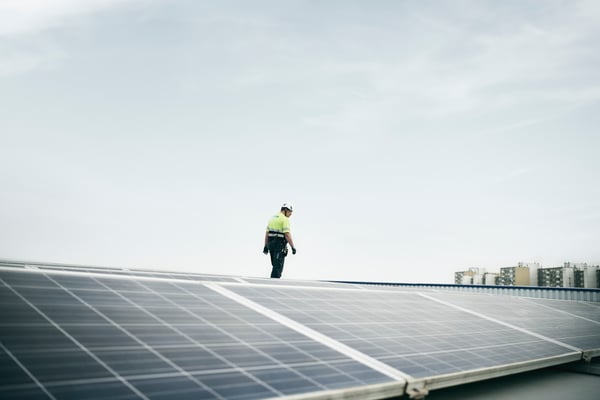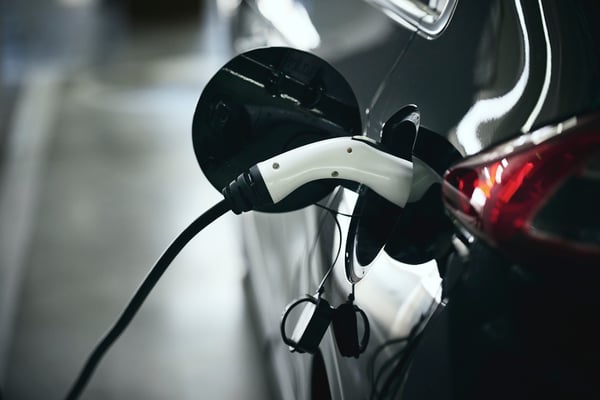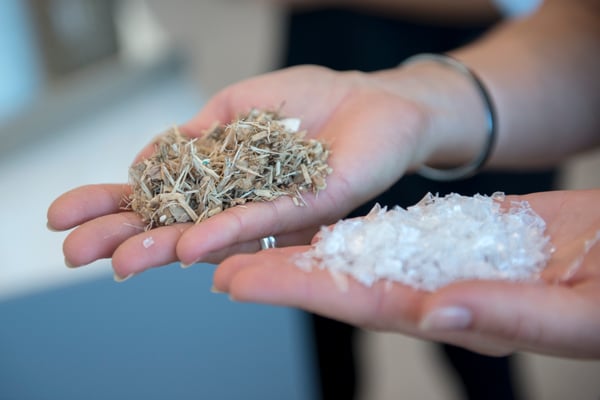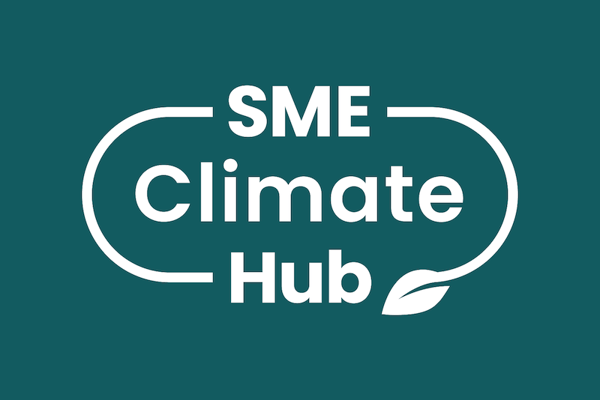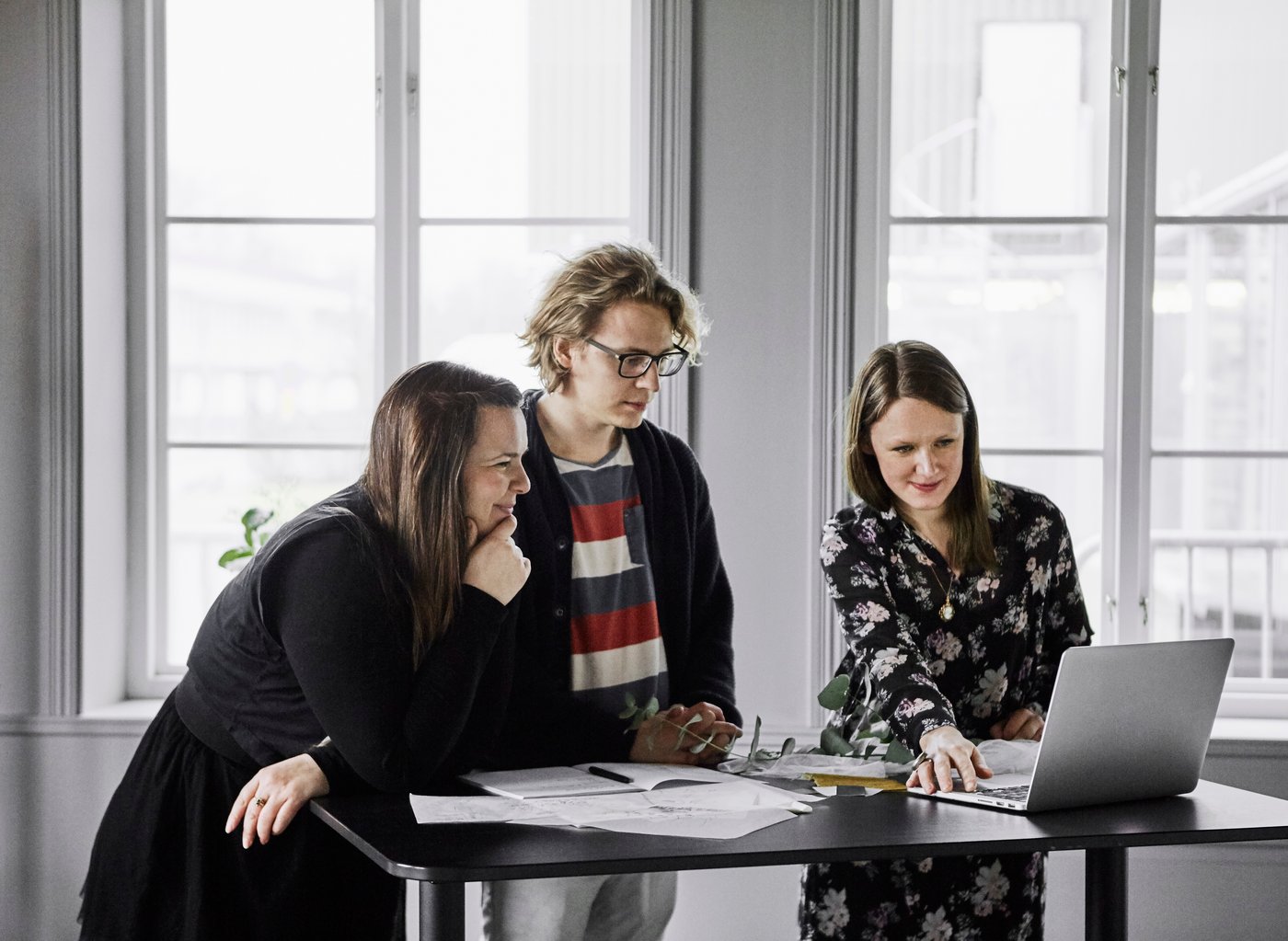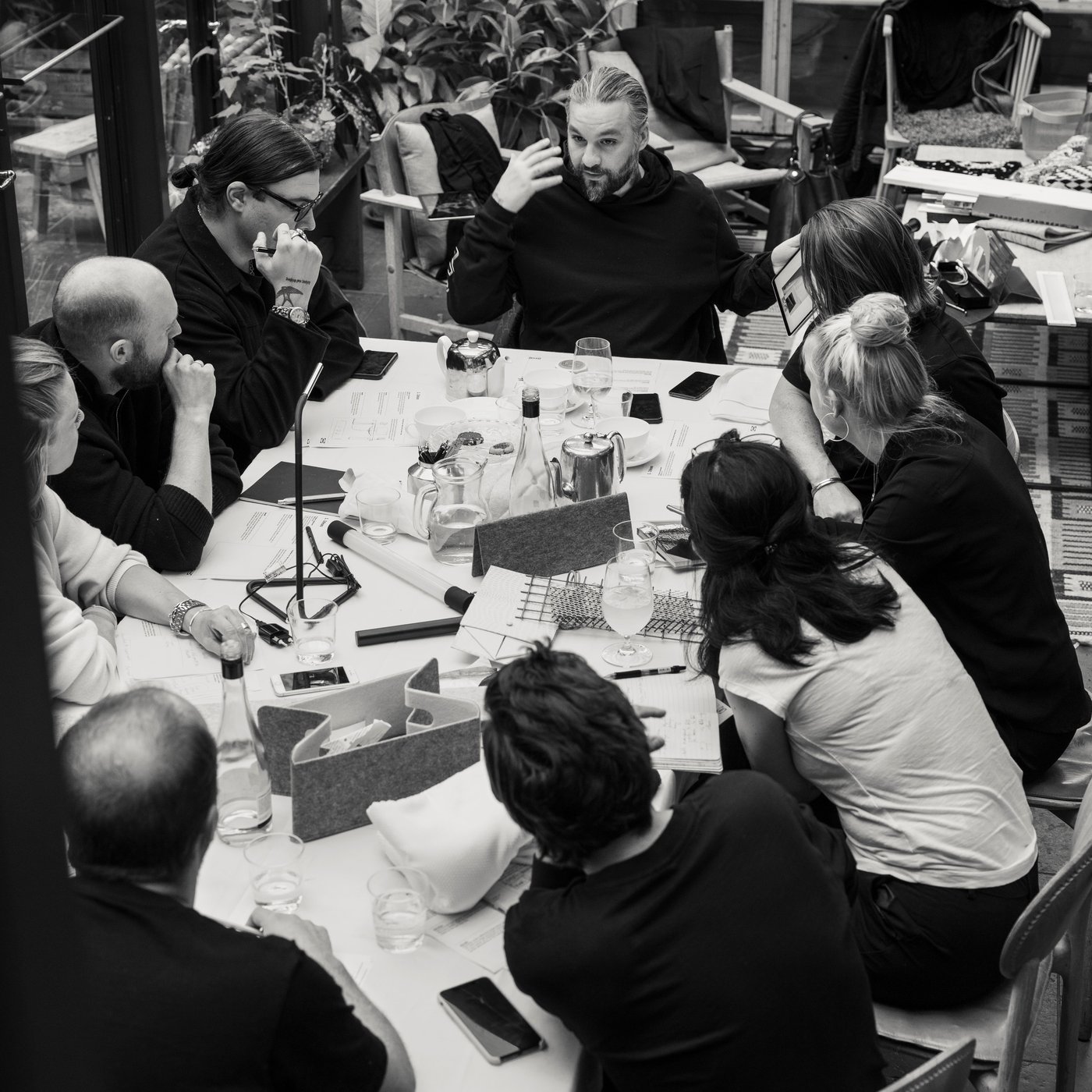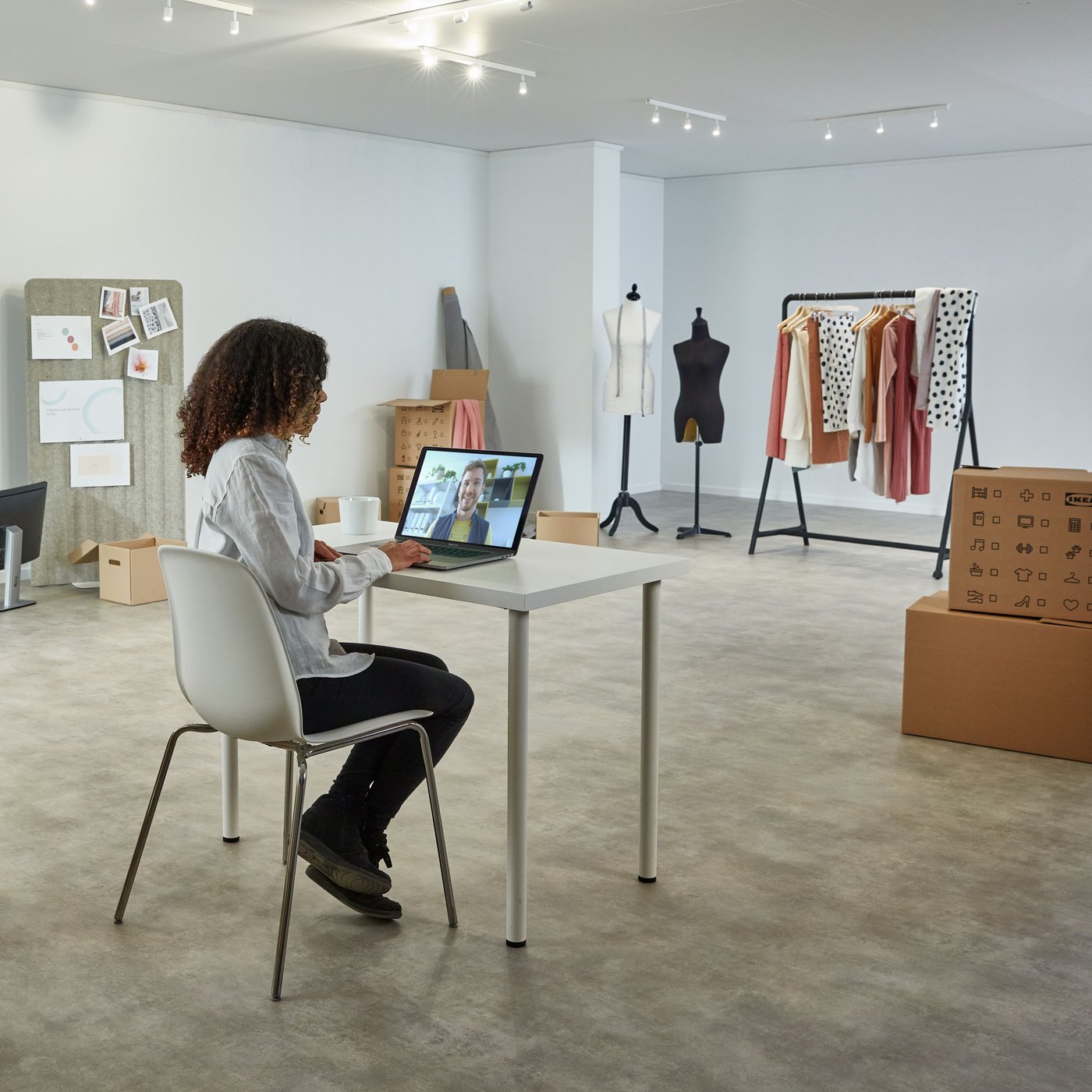How to reduce your business emissions?
Most of the solutions needed to tackle climate change are available already. They include: technological solutions such as material innovation, efficient use of renewable energy from wind turbines and solar panels, and electrifying transport; natural solutions like managing our environment responsibly and securing responsible forest management so that forests can continue to remove the CO2 from the atmosphere and store it; and social solutions, from making it as easy and affordable for people to live sustainably to creating new values around consumption.

“As a small business with limited-funds, we must explore innovative approaches to minimize our carbon footprint. By tackling high-impact areas first, we created momentum for larger, long-term projects like solar panels and heat pump installations."
Anthony, Cofounder of Sunnyside GuestHouse Southport
Energy
Whether it’s wind turbines, solar panels, geothermal heat pumps or other technologies, renewable energy sources can now out-compete fossil fuels on cost and efficiency. Take solar panels: since their invention, the cost of electricity they produce has dropped more than 99.9%; already we see coal-fired power stations closed down early because they cannot compete anymore. Several countries are close to getting more electricity from renewables than fossil fuels. It’s also cheap and easy to reduce our energy needs with smarter, more energy efficient systems and appliances, and by better insulating existing homes. Right now, 25–60% of the energy used to heat and cool homes is wasted. Net-zero homes and buildings produce as much energy as they use.
Transport
Transport that uses fossil fuels is responsible for around a quarter of all greenhouse gas emissions. Electric vehicles are cheaper and cleaner, even when we include the environmental impact of manufacturing their batteries. Smart policies help. The EU’s new eco-design rules for electric motors (in cars and beyond) will save 110 terawatt hours of electricity a year by 2030; that’s about as much as the total electricity consumption of the Netherlands.
Circularity & waste
More companies are giving products and materials a second life, which reduces the demand for natural resources. If we go circular and think how we can reuse, repair, refurbish, remanufacture, repurpose and recycle, it’s more likely that we can create a world without waste.
Financial support for reducing emissions
To help you to capture the opportunities that decarbonisation can create, this section of the SME Climate Hub is designed to help you find the most appropriate financial support for your business’ journey to net zero.
More resources on the SME Climate Hub Action space!
Responsible for up to 64% of global business emissions, small and medium-sized businesses are crucial in the fight against climate change. The Action Space provides SMEs with curated tools and resources to help them take climate action. Navigate our resources to get support and identify the right steps to benefit both the climate and your business.
Join our IKEA Business Network
Explore other IKEA services that can help you improve your business. From tips and discounts to expert guidance and financing options for our products.
